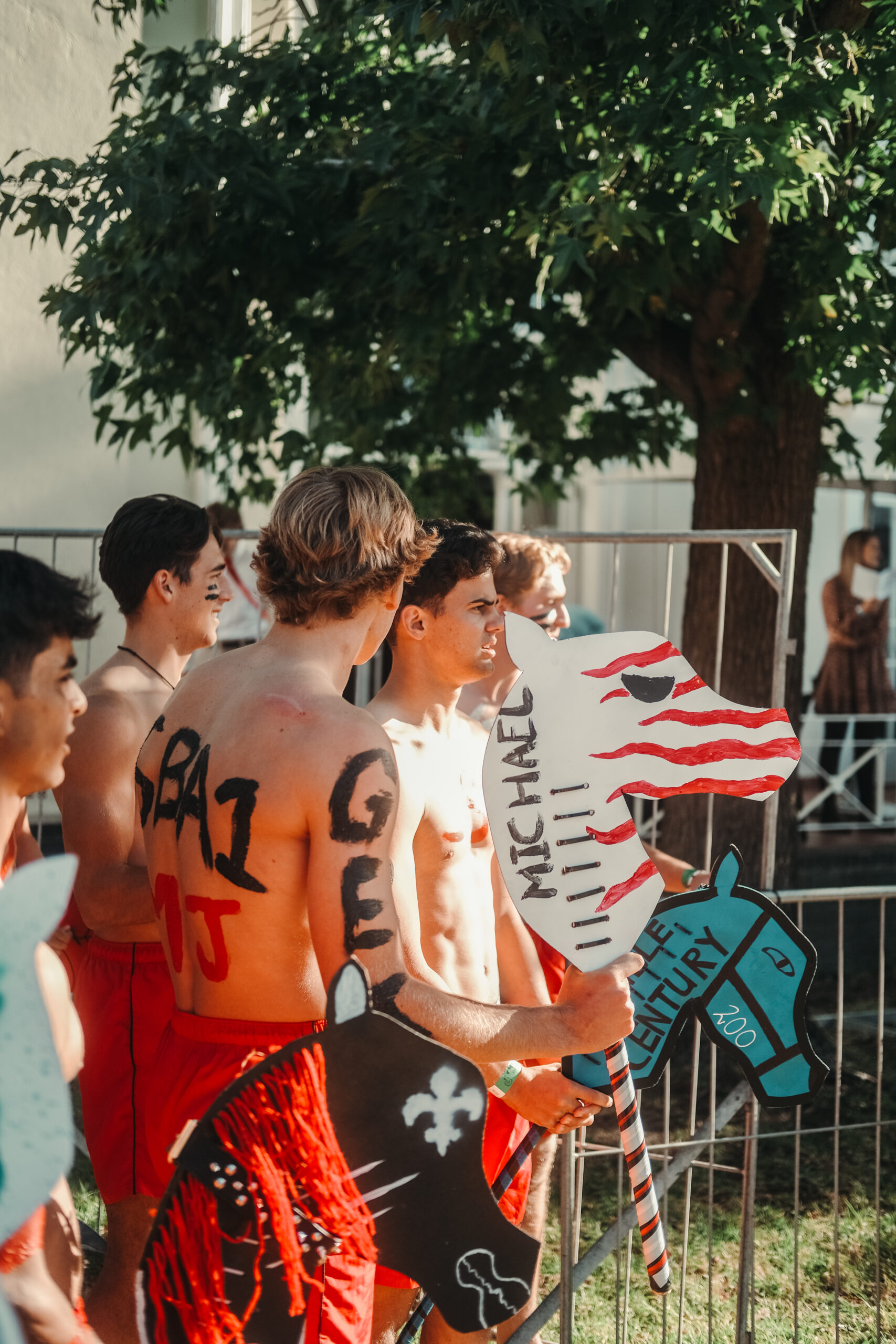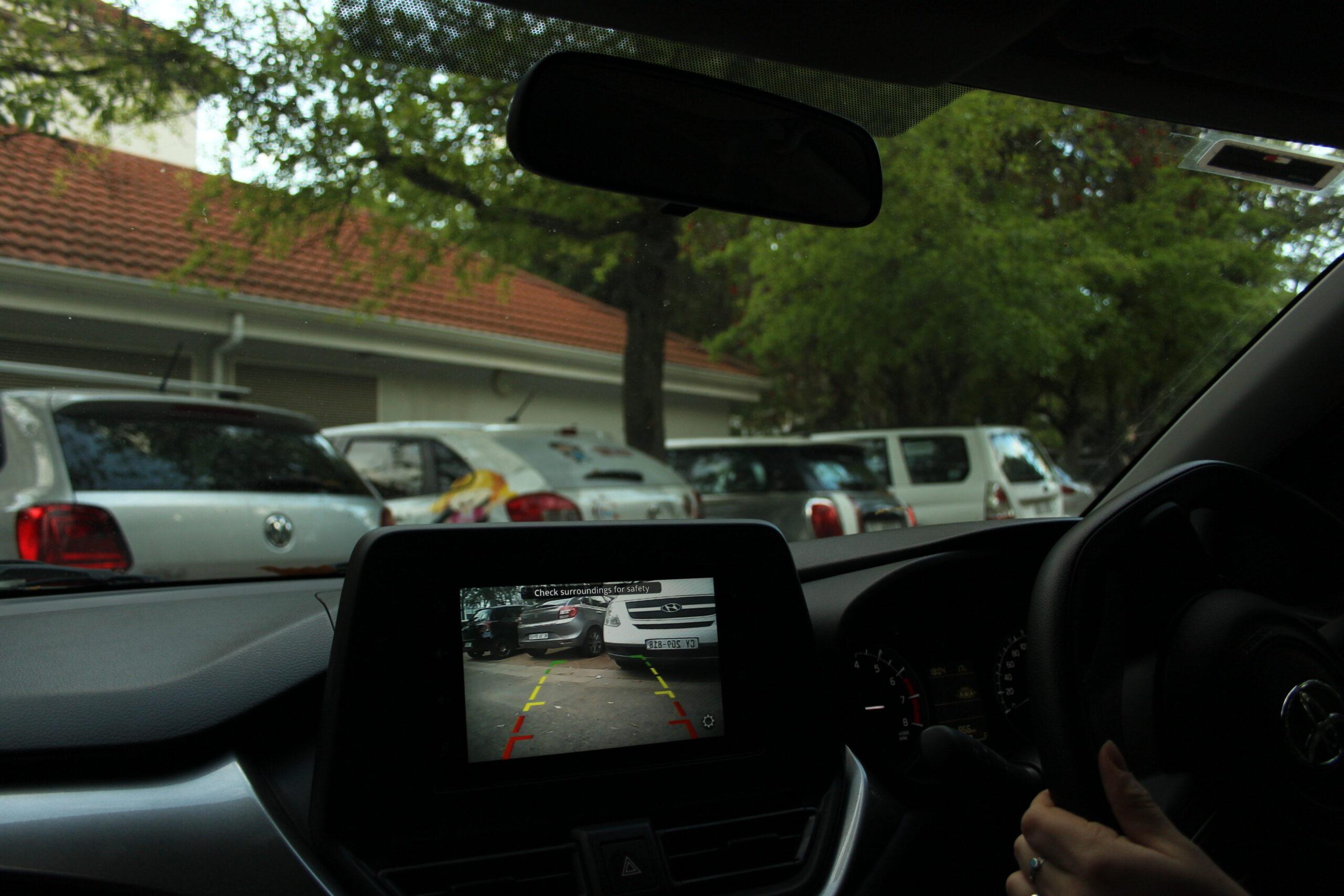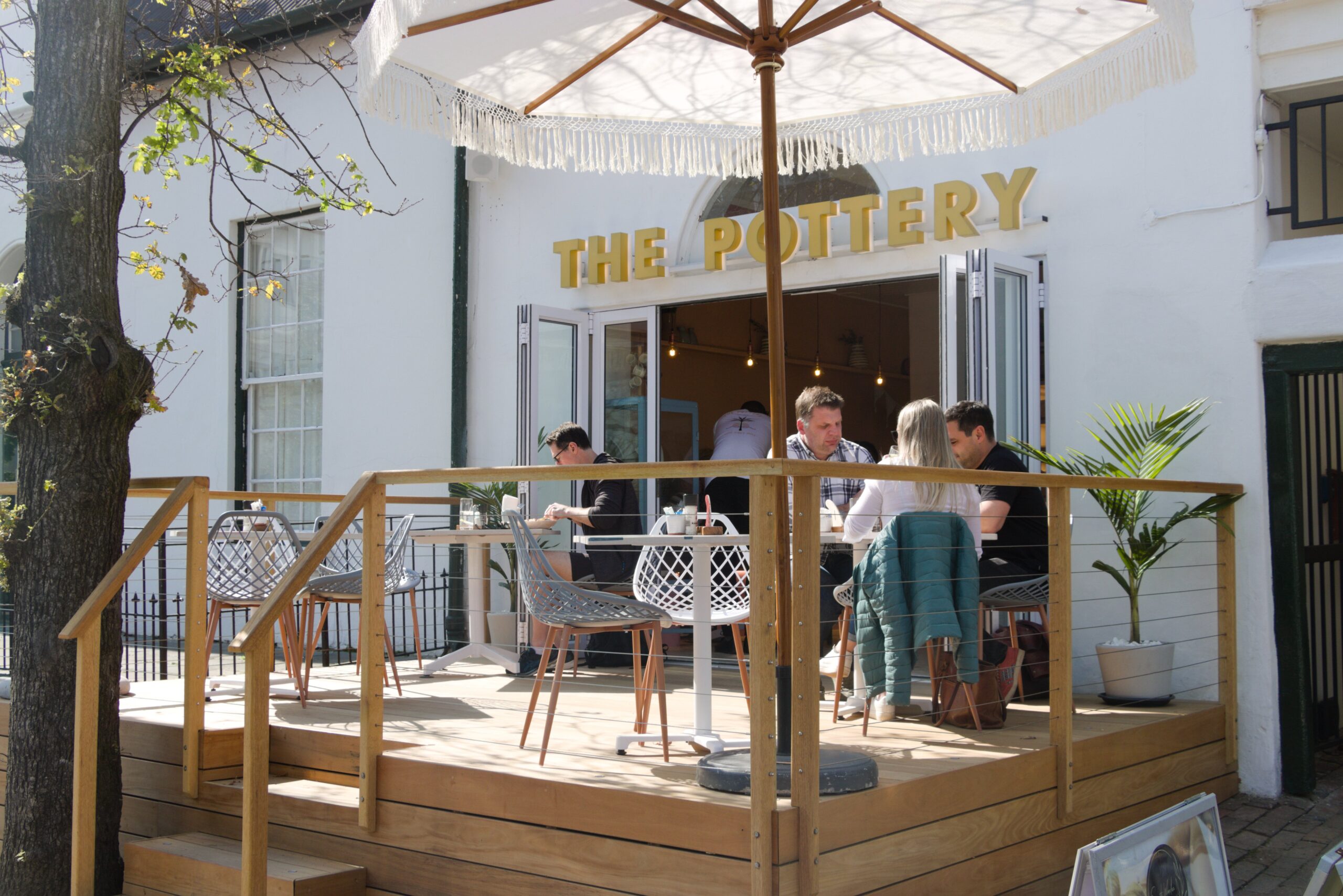By Skyla Thornton
The COVID-19 pandemic has affected the way in which many students interact with one another. There has been a high demand for adaptation in multiple spheres and little time to do so. In the context of Stellenbosch University (SU), participation in university events is at an all-time low. There has been a drastic decrease in subscription to student communities, such as committees and societies, and the attendance of events organised by these communities, Private Student Organisations (PSOs) and residences has been dwindling.
“The only attendance that has improved post-COVID is at clubs and bars,” said a student who preferred to stay anonymous.
Student communities thrive off of students taking the opportunity to try new things and explore various interests, but the pandemic has led to most people remaining within their comfort zones instead of broadening their horizons. For some, it may almost seem that unless there is alcohol or a party involved, most students in Stellenbosch are simply not interested.
“Capri has thousands of members that form part of our community, yet for most of our events we’ll be lucky to even get 50 people to show up,” said Luke von Willingh, Capri PSO HC member.
Jamie Leigh Clark, Huis ten Bosch Women’s Residence HC, said, “You have to incentivise in your residence space. I understand that you cannot force people to attend events happening in res or around campus, but the issue remains that we try to create spaces for important conversations to take place about pressing matters in res and around campus, yet less than 15 people show up. It is discouraging because of the effort you put in.”
However, the pandemic may not be the only factor at play, as the planned events might be missing the mark. “I don’t believe [that] COVID, as a factor on its own, is the determining factor for low attendance at events—it’s always been low,” said another anonymous student.
“As a person who has never had social anxiety before, going into social situations post-COVID where I don’t know anyone is a daunting experience, which has limited my exposure to clubs and societies, because I won’t go if I don’t know anyone there. Because of COVID, we haven’t had as many opportunities to interact with classmates and be exposed to different clubs and societies,” the student continued.
From a post-graduate perspective, Kira Courtaillac, co-chairperson of the Maties Underwater Club, said, “It does feel weird as a post-grad to go to PSO or res events at the moment. I feel like I’ve been there and done that . . . whereas as a first- and second-year [student], it was a lot of fun to go and meet new people.”
Daniel Olivier, chairperson of The Guild (a tabletop gaming society), shared his thoughts and said, “A lot of student communities struggle with attendance because their events aren’t relevant, or our community members have lost a sense of ownership.
“Our seniors have less uni experience than ever, and a record [number] have dropped out of leadership due to HEMIS issues. Two years online have pushed our PSOs, societies and residences into becoming content creators, not communities.
“Student communities should only exist to fulfil student needs. If our communities start serving student needs, obviously they’ll want to attend.”
Whilst some may find it disheartening that participation is decreasing, it can be reassuring that there are students who care about their peers finding community and having enough of a sense of belonging to organise and see events through, despite low attendance. It can be interpreted as resilience in trying times, a lesson that the pandemic has conveyed to many.
“What brings me joy at university, and perhaps that’s the key, [is] finding your community. Once you realise the doors that open for you by taking that leap to support a cause, attend an event, or join in on a webinar, you reap the benefits and will never want to go back. Active involvement looks great on your CV, and with vaccinations and boosters available, employers will no longer accept an unsatisfactory CV owing to COVID,” said an anonymous student.



